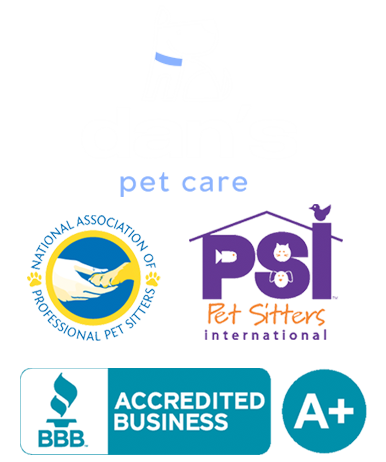NYC Rats and your house pet
At Dan’s Pet Care, we know that New York City is home to many animals–welcome and unwelcome. For most New York City dwellers, rats are a pretty common annoyance. If we’re not seeing them in our homes, we’re encountering them on the subway, streets, and sidewalks, especially at night.
New York City is among the most rat-infested cities worldwide. In fact, in 2022, mayor Eric Adams posted a job offer for a “rat tsar”: a professional who would finally get the city’s rat population under control for good.
Whether or not New York City ever experiences a permanent decline in its rat population remains to be seen. Most of us would love to see fewer rat droppings and worry less about the spread of germs. However, if you own a pet in the city, you have even more reason for concern. This article will explore the ways in which your New York City dog can affect the local rat community, and vice versa.
Disease Vectors
Rats pose special health hazards to pet dogs. A major concern is the spread of leptospirosis, a bacterial illness that can cause long-term harm to dogs. Symptoms can include fever, shaking, vomiting, bleeding disorders, swelling, and much more. This disease can be treated with antibiotics, but it’s still dangerous and sometimes fatal.
How can you keep your dog safe from lepto and other diseases spread by rats? One measure you can take is to always keep your dog on a leash when outdoors. If your dog sees a rat, they may be inclined to chase it, which can lead to infection. You also need to protect your dog from contaminated soil and water. You can also vaccinate most dogs to protect against lepto–ask your veterinarian for advice.
Rat Traps And Your Dog
When human beings see rats encroaching on our territory, we usually strike back with poison or traps. Unfortunately, while these measures can help reduce rat numbers, they can also seriously harm or even kill your dog. What can you do to keep your dog safe?
First, try to avoid using rat poison in your home. Even if you think the poison is somewhere your dog can’t reach, a curious pet can chew through materials you might not expect. If you do decide to use poison, or your dog will be around poison, know the signs of poisoning. Read the label on the rat bait to find out what symptoms to watch for. Take your dog to the vet right away if they ingest any rat poison. If you get there soon enough, the vet may be able to remove some poison from your dog’s system.
If you decide to use physical traps, be sure to choose a type that won’t harm your dog. The best rat traps provide an enclosure that rats can fit into, but your dog cannot. The Victor Kill Vault mouse and rat traps are a good option.
What If My Dog Eats a Rat?
If your dog eats a rat, you might feel a little grossed out. Or, you might feel a little relieved–after all, that’s one rat that won’t be bothering you again. Either way, it’s important to consult your local vet for advice, and keep a close eye on your dog for a while. If a dog eats a rat that consumed poison, the dog can be poisoned, too.
No one likes living with rats, but when you own a dog, it’s even more important to be vigilant. Practice sanitation in your own home, and plan your walking routes carefully to keep your dog as safe as possible from known infestations.





